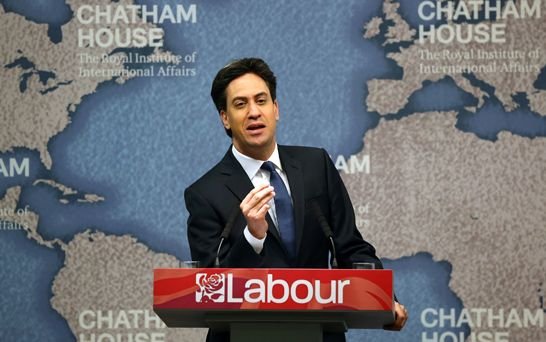Political instability is one of the biggest threats to real estate investment, especially for those seeking high rental yields abroad. Many investors are drawn to emerging markets because property prices are low, rental demand is high, and the return on investment looks attractive on paper. But what happens when the political climate shifts? Elections, protests, corruption scandals, or sudden changes in government policy can dramatically alter the performance of your rental property.
Let’s break down how political instability directly affects rental yields, and what globally minded men should keep in mind before investing.
1. Uncertainty Lowers Investor Confidence
Markets thrive on predictability. When a country experiences political turmoil,be it coups, civil unrest, or contested elections,investor confidence declines. Foreign capital tends to flee first, pulling down property values. If property prices fall but rental demand also weakens, rental yields (measured as rent-to-value ratio) shrink.
For example, in some Latin American and African cities, landlords who once enjoyed 8–10% yields saw them collapse to under 5% during election cycles marked by unrest. Investors simply avoided the risk, and tenants either negotiated rents downward or left the market entirely.
2. Economic Instability Drives Down Tenant Affordability
- Political instability often brings economic instability: inflation, currency devaluation, or job losses. This directly impacts tenants’ ability to pay rent. Even if your property is in a prime location, yields can fall if renters can no longer afford premium rates.
- High inflation: Rent may be capped by regulation while the local currency loses value, eroding real yields.
- Job market collapse: Tenants move back with family or leave the country, reducing demand.
- Currency volatility: If you measure yields in dollars or euros, sudden depreciation can slash your returns overnight.
3. Regulatory Risks and Policy Shifts
Governments under pressure often make reactionary policy changes. Rental markets are especially sensitive to laws such as:
- Rent control: Caps on rental increases, which keep yields stagnant even as costs rise.
- Eviction bans: Introduced during unrest or crises, making it harder to enforce contracts.
- Foreign ownership restrictions: Sudden barriers to foreign buyers, limiting resale options and lowering market liquidity.
In politically stable countries, policy changes are gradual and predictable. In unstable environments, they’re sudden, populist, and damaging to investors.
4. Migration Patterns Shift Rental Demand
When political crises erupt, people move. Middle-class locals who once rented luxury apartments might emigrate, leaving vacancies. At the same time, there may be an influx of rural migrants or refugees, increasing demand for low-cost housing but not for higher-end rentals.
For investors, this creates a mismatch,the property you bought for high-yield, expat-friendly rental income may suddenly be out of step with who’s left in the market.
5. Short-Term vs Long-Term Rentals
Interestingly, political instability doesn’t always hit all rental models equally.
- Short-term rentals (Airbnb, expat housing): These are the first to collapse when tourism dries up or foreign workers leave.
- Long-term rentals (local families): May remain stable if people are forced to stay local, but affordability still declines.
- Smart investors hedge by diversifying their rental strategy to serve multiple tenant bases, not just one.
6. Case Studies from Emerging Markets
- Turkey (2016–2017 coup attempt): Istanbul property investors saw rental yields dip as the lira collapsed and tourism plummeted. Many switched from Airbnb to local long-term tenants to stabilize income.
- Venezuela (2010s collapse): Once boasting strong yields, hyperinflation and political breakdown left landlords earning pennies on the dollar. Many walked away from their investments.
- Thailand (frequent coups): Political volatility affects foreign investors’ confidence, yet strong local demand keeps rental yields somewhat resilient,though still riskier than in stable markets.
7. Strategies to Protect Your Rental Yields
If you’re exploring real estate in politically unpredictable countries, there are ways to minimize risk:
- Diversify markets – Don’t put all your property investments in one unstable country. Spread across regions.
- Choose resilient cities – Large capitals or economic hubs recover faster than smaller towns.
- Factor in currency hedging – Consider how exchange rates will affect your real yields.
- Understand tenant base – Focus on properties that appeal to both locals and expats, giving flexibility when markets shift.
- Stay informed – Follow not just real estate trends but also political risk reports, election cycles, and IMF/World Bank outlooks.
Final Thoughts
Political instability is the hidden variable that can turn a promising 12% rental yield into a net loss overnight. While property investors often focus on location, price, and tenant demand, the broader political climate can make or break your returns.
For Passport Champs readers,men who think globally and invest strategically,the lesson is clear: high rental yields in emerging markets come with political risk attached. The winners are not just those who chase high percentages, but those who calculate the unseen risks behind the numbers.













